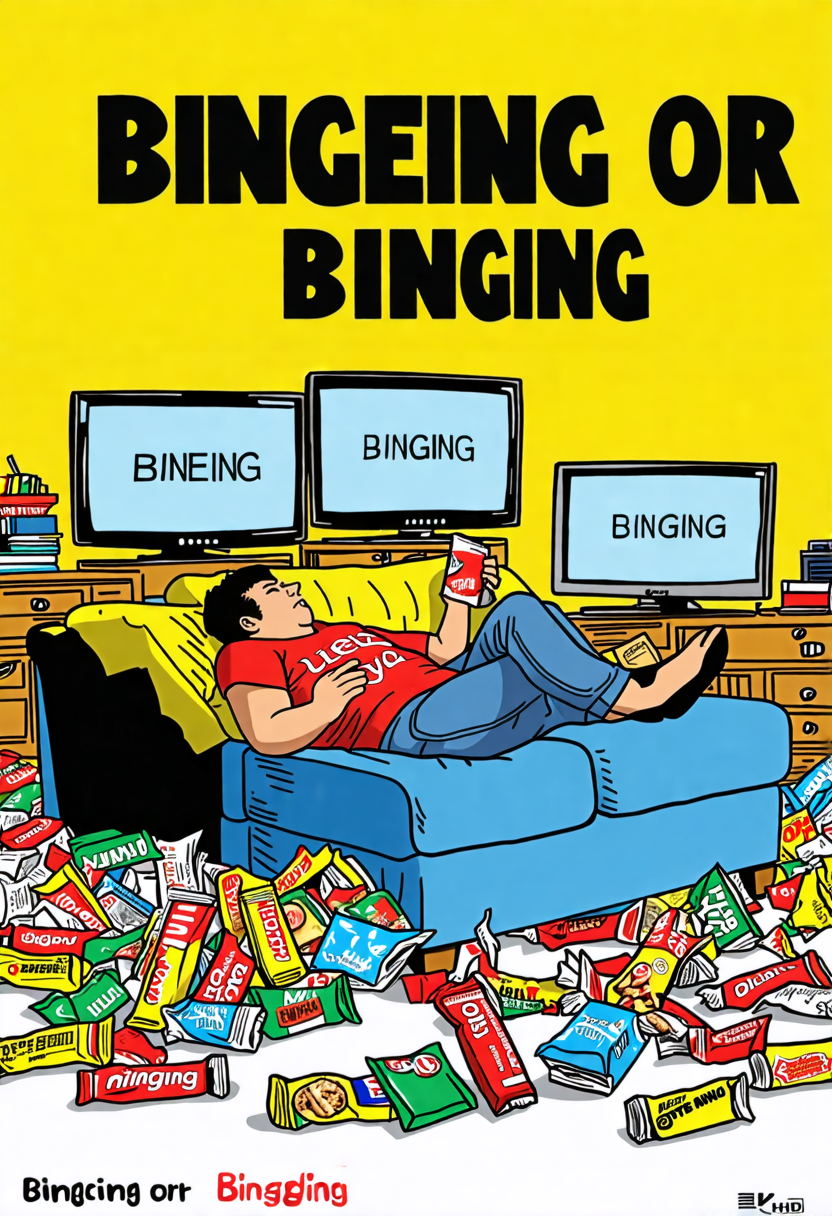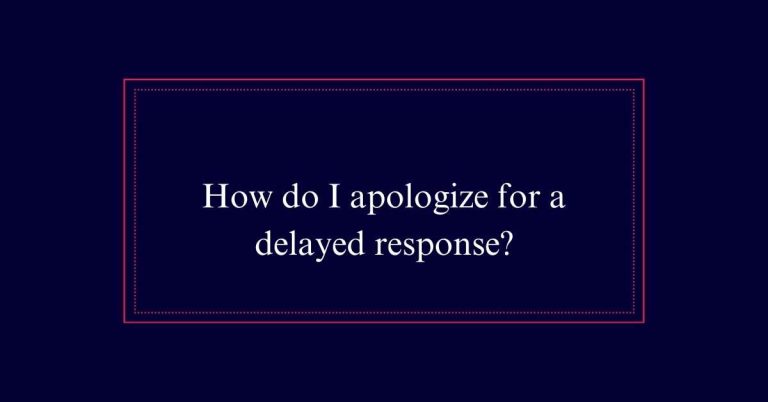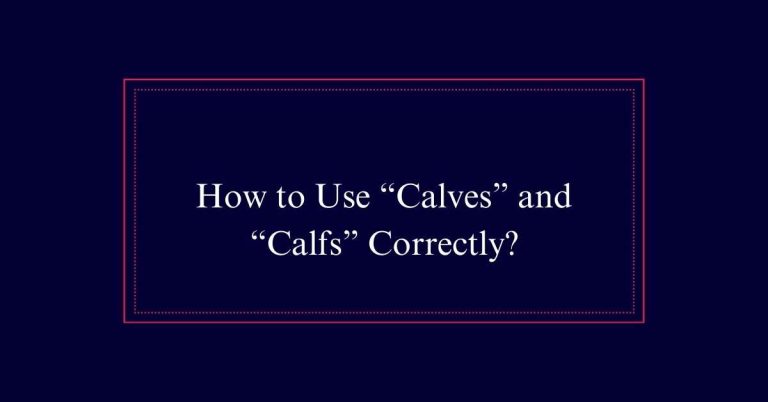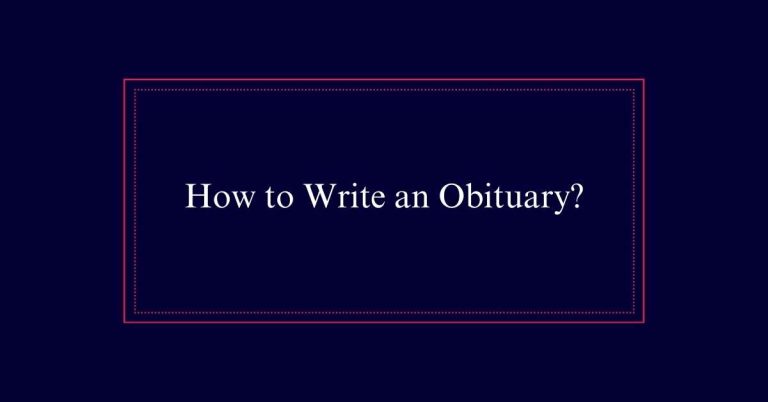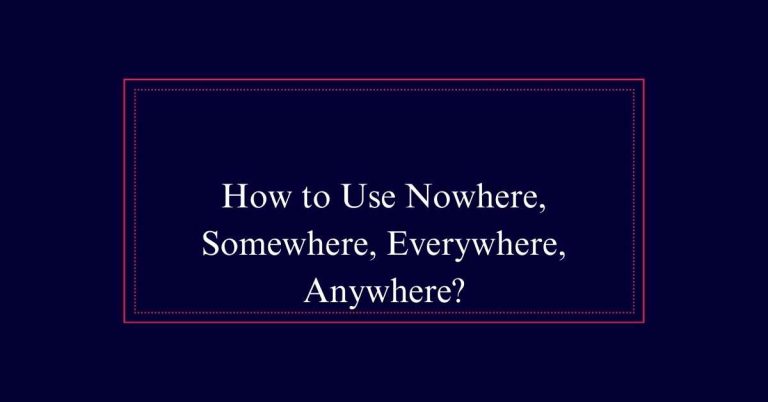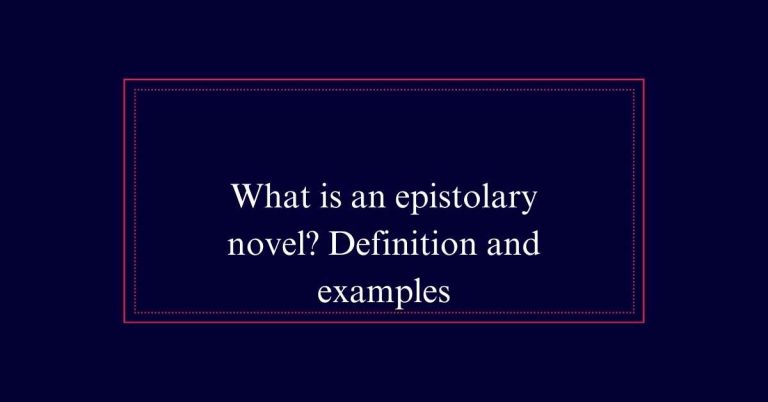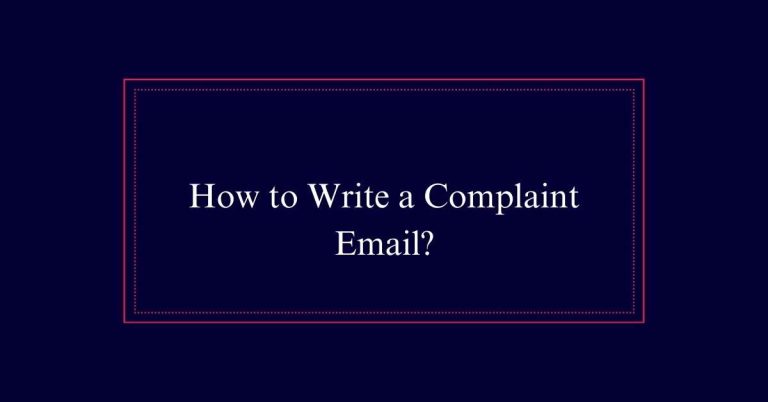Bingeing or Binging
Both ‘bingeing’ and ‘binging’ are correct spellings for the act of overindulging in an activity or substance, like eating or watching TV. ‘Bingeing’ gained popularity around the 1980s, while ‘binging’ has always been an important variant. Dictionaries and language tools acknowledge both forms, meaning they can be used interchangeably without affecting the meaning. However, consistency in spelling within a document is essential for clarity and professionalism.
Generally, ‘bingeing’ is more common in British English, whereas both forms are used in various contexts globally.
Definition of Bingeing/Binging
Bingeing or binging refers to the act of overindulging in an activity or substance for a short period. This could involve consuming large amounts of food, alcohol, or engaging in prolonged periods of watching television or other activities.
Both spellings, ‘bingeing’ and ‘binging,’ are correct and accepted in English. The choice of spelling does not change the meaning or usage of the word. Consistency in spelling within a document is essential for clarity.
While ‘bingeing’ retains the ‘e’ from the root word ‘binge,’ ‘binging’ drops it. Understanding these variations helps in making informed spelling choices. Dictionaries and language tools recognize both forms, reflecting the fluid nature of language.
Historical Usage Trends
How has the usage of ‘bingeing’ and ‘binging’ evolved over time?
The spelling ‘bingeing’ gained popularity around 1980, while ‘binging’ has always been an acceptable variant. Both forms are now widely recognized and used interchangeably. The rise of digital platforms and online dictionaries has contributed to the acceptance of both spellings.
Here are some key historical trends:
- The Google Ngram Viewer indicates a noticeable shift towards ‘bingeing’ in recent decades.
- Dictionaries, including Merriam-Webster and Oxford, list both spellings as correct.
- The influence of global English has led to regional preferences, with ‘bingeing’ being more common in British English.
Examples in Sentences
Given the historical trends in spelling, it’s helpful to see how both ‘bingeing’ and ‘binging’ are used in sentences today. For example, one might say, ‘Bingeing on junk food harms the body,’ illustrating the retained ‘e’ in ‘bingeing’.
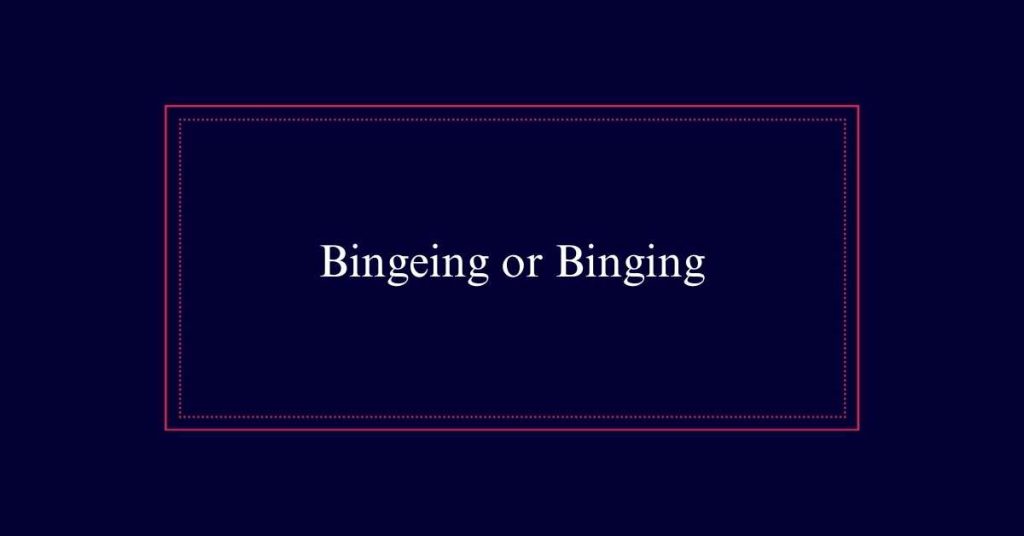
Alternatively, a sentence like, ‘Curling into bed and binging on a show with tea is a great life moment,’ drops the ‘e’, showing the alternative spelling. Another sentence could be, ‘The fraternity banned bingeing on alcohol,’ using the ‘e’ spelling again.
Meanwhile, ‘Choosing between binging and bingeing is a personal choice,’ highlights the interchangeability of the terms. Both spellings are correct and accepted, allowing flexibility for writers to choose based on preference.
Impact on Meaning
Despite the different spellings, the significance of the word remains unaffected. Whether you write ‘bingeing’ or ‘binging,’ the concept of overindulging in an activity for a short period stays the same. This guarantees that readers understand the intended message regardless of the chosen spelling.
- Interchangeable Usage: Both spellings can be used in any context without altering the meaning.
- Dictionaries: Major dictionaries recognize both forms as correct, reflecting language evolution.
- Communication Clarity: The meaning is clear and consistent, aiding effective communication.
- Reader Understanding: Readers are accustomed to both spellings, ensuring comprehension.
Consistency in Spelling
Maintaining consistency in spelling within a document enhances readability and professionalism.
When choosing between ‘bingeing’ and ‘binging,’ it’s important to stick with one spelling throughout the entire text. This uniformity prevents confusion and helps the reader follow the content seamlessly. Inconsistent spelling can distract readers and undermine the writer’s credibility.
To guarantee consistency, consider setting a guideline for preferred spellings before starting a document.
Whether you choose ‘bingeing’ or ‘binging,’ remember that both are correct. The key is to remain consistent in your choice to create a polished and professional piece of writing. This approach ultimately supports clear and effective communication.
Dictionary Acceptance
Consistency in spelling is important, and both ‘bingeing’ and ‘binging’ are recognized as correct by dictionaries. This acknowledgment underscores the flexibility of the English language.
Dictionaries, as authoritative sources, validate both spellings, reflecting contemporary usage and linguistic evolution.
- Merriam-Webster lists both ‘bingeing’ and ‘binging’ without preference.
- Oxford English Dictionary includes both forms, acknowledging their use.
- Cambridge Dictionary recognizes both spellings, offering definitions alike.
- Collins English Dictionary also accepts both, maintaining consistency.
Popularity Shifts
The shift in popularity between ‘bingeing’ and ‘binging’ illustrates how language evolves over time. Retaining the ‘e’ in ‘bingeing’ became more common around 1980. This change can be seen in literary and digital content. Google Ngram Viewer confirms this trend, showing increased use of ‘bingeing.’
Despite the shift, both spellings are still correct and accepted in dictionaries. The choice between them does not affect meaning or usage. However, consistency within a document is important.
This flexibility in spelling reflects the natural evolution of language, allowing writers to choose based on personal preference or audience expectations.
Writer’s Choice
Writers have the autonomy to choose between ‘bingeing’ and ‘binging’ based on personal preference or audience expectations. The flexibility in spelling allows writers to tailor their language to specific contexts and readerships.
Here are some considerations for making a choice:
- Consistency: Guarantee that the chosen spelling is used uniformly throughout the document.
- Audience: Consider the preferences and expectations of your target audience.
- Publication Guidelines: Follow any specific spelling rules set by publishers or style guides.
- Evolving Language: Be aware that language evolves, and both spellings are currently accepted.
